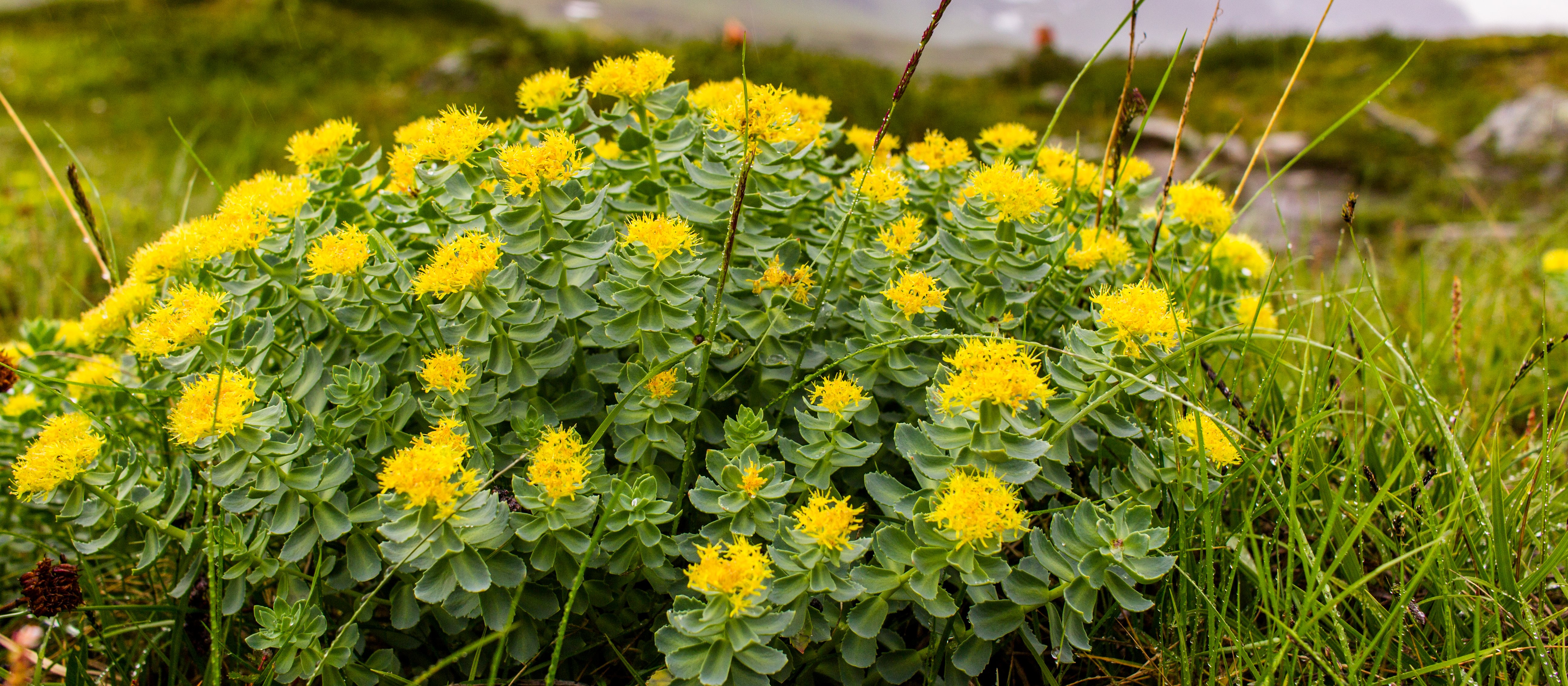Academic pharmacist Nataly Martini discusses the medical management of asthma in adults and adolescents, which has evolved to prioritise early anti-inflammatory treatment. She also explains how to improve patient outcomes by proactively identifying poor asthma control and supporting equitable access to education and treatment
Sustainability concerns for medicinal plants

Pharmacist and medical herbalist Phil Rasmussen discusses the sustainability of plant-derived medicines, at a time when demand is increasing and the effects of climate change are becoming more apparent
Kia ora and welcome to Pharmacy Today Kaitiaki Rongoā O Te Wā
Not a subscriber? Unlock this article by subscribing here.
1. Sen T, Samanta SK. Medicinal plants, human health and biodiversity: a broad review. Adv Biochem Eng Biotechnol 2015;147:59–110.
2. Zettlemoyer MA, McKenna DD, Lau JA. Species characteristics affect local extinctions. Am J Bot 2019;106(4):547–59.
3. Groner VP, Nicholas O, Mabhaudhi T, et al. Climate change, land cover change, and overharvesting threaten a widely used medicinal plant in South Africa. Ecol Appl 2022;32(4):e2545.
4. Chamberlain, J. NTFPs from trees: slippery elm. Science Update SRS-146. Asheville, NC: US Department of Agriculture Forest Service, Southern Research Station; 2021. doi.org/10.2737/SRS-SU-146
5. Rasmussen PL. Honeysuckle and other useful weeds surrounding us. 24 January 2019. herbblurb.com
6. Brinckmann JA, Cunningham AB, Harter DEV. Running out of time to smell the roseroots: Reviewing threats and trade in wild Rhodiola rosea L. J Ethnopharmacol 2021;269:113710.
7. Cunningham AB, Li HL, Luo P, et al. There “ain’t no mountain high enough”?: The drivers, diversity and sustainability of China’s Rhodiola trade. J Ethnopharmacol 2020;252:112379.
8. Union for Ethical Biotrade. Sourcing botanicals with respect for people and biodiversity. October 2022. uebt.org/resource-pages





